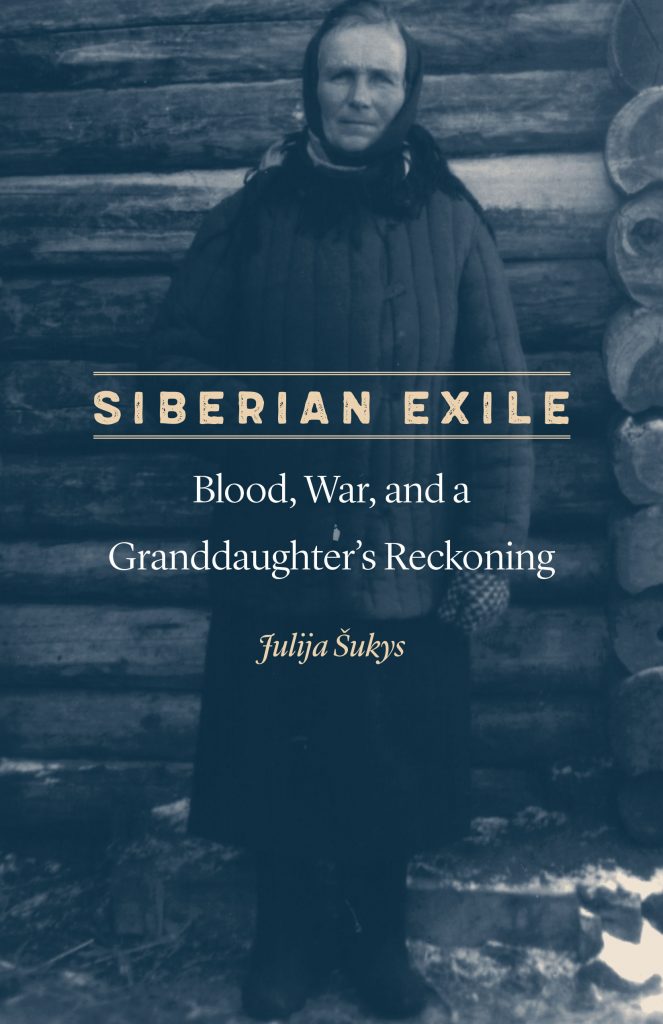Thank you to Ned Stuckey-French for his appraisal not only of Siberian Exile (2017) but also of Epistolophilia (2012), and my work in general. His review essay, called “A Mind Thinking” (Fourth Genre: Explorations in Nonfiction, Spring 2018, p. 209-220) concludes like this:
As I was reading Siberian Exile, I began to think about what its predecessor [Epistolophilia] mean to the field of creative nonfiction. We talk often about the essay renaissance that has flowered in the United States since the 1980s. What Julija Šukys’s work reminds me is that this renaissance is, has been, and can be global in its reach. A Canadian who now writes and teaches in the United States but who was born into a family that was cast into the Lithuanian diaspora, Šukys is especially equipped to take the North American essay out into the world, and vice versa. The range of her work is stunning. It stretches across three continents, thousands of miles of travel, scores of interviews in multiple languages, and decades of history — extending from World War II through the Cold War and the fall of the Soviet Union to the present — but she also stops and looks at moments, boring deep into an exchange on a train or the night of a massacre. Her work is horizontal and vertical. It is historical and personal. She reveals the history of the last century through the lives of individuals, often as they faced the most dramatic moments of their lives, and she tells us the story of her own mind thinking about the history, the moments, and the people she has encountered.
You can also check out Curtis Woodstock’s review of a recent Siberian Exile event here. He calls Siberian Exile “wonderfully written, emotional, and real.”


